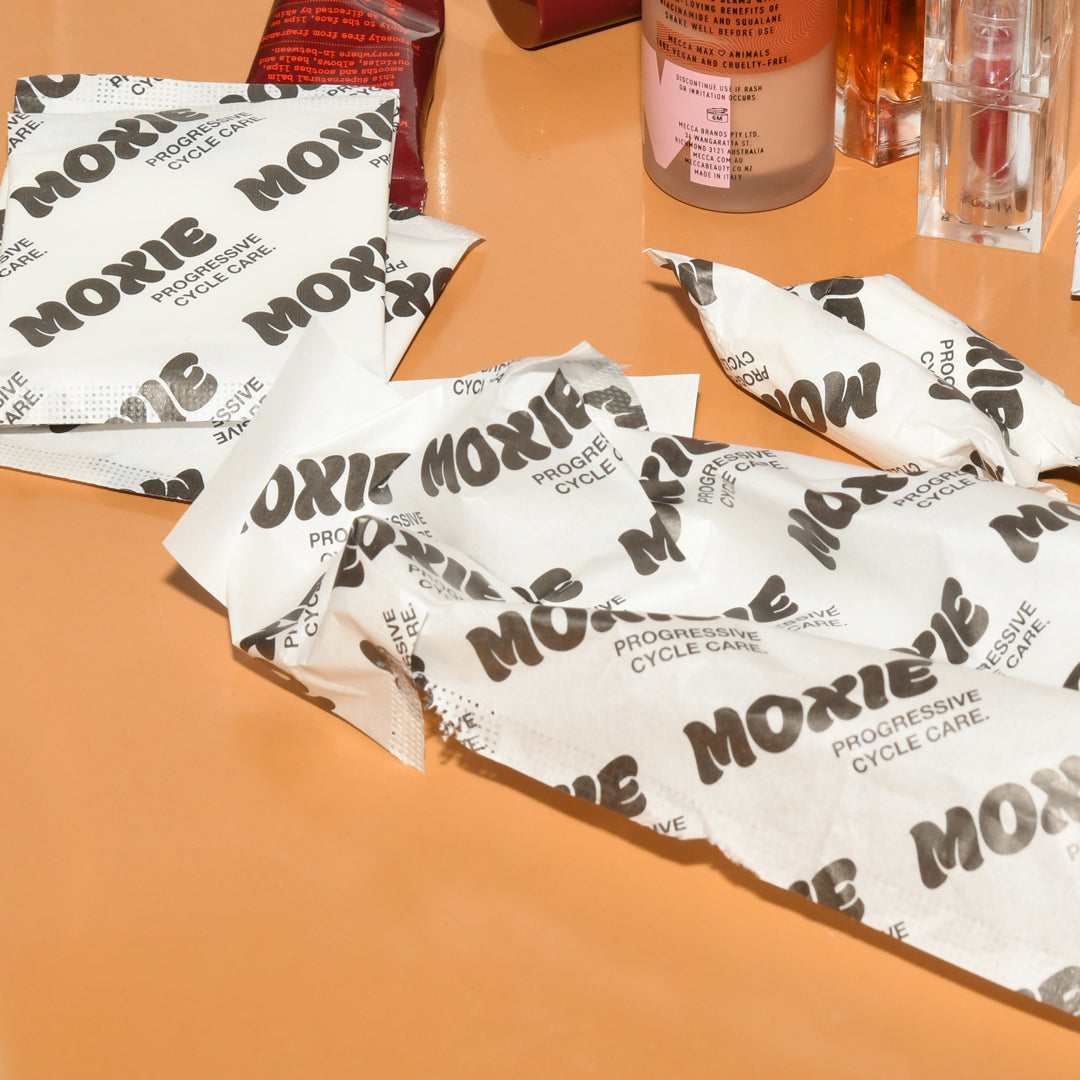Hypertonic pelvic floor muscles and over-training the core.

Words by Cat Woods.
If you’ve been to a Pilates class, ever practiced ballet or just browsed women’s fitness magazines in the past decade then the concept of pelvic floor exercises will be familiar. You may have even been told about, or practiced kegels.
The message from most fitness instructors and women’s fitness media is that you need to strengthen up and tighten your pelvic floor muscles. Their advice is not irresponsible at all. Women make up 80 per cent of those who report incontinence in Australia, largely due to the effects of post-pregnancy recovery, menopause and a lack of education around the anatomy of the pelvic floor and its functions.
Evgenia Barmakov is a women’s health physiotherapist based in Elsternwick, Melbourne (Australia).
“Pelvic floor muscles are a group of four skeletal muscles, just like your biceps, that are under our voluntary control,” she explains. “They are a hammock-like structure that forms the floor of the pelvis - stretching from the front of the pubic bone all the way to the tailbone. They support the organs within the pelvis such as bladder, uterus and bowel, as well the openings such as urethra, vagina and the rectum. These muscles help to keep us continent, help with emptying the bladder and bowel and support sexual function.”
I am one of the many women globally who has experienced the effects of over-training the pelvic floor muscles and causing them to be too tight, or hypertonic. It’s a growing problem, especially amongst women who attend regular Pilates, barre, yoga and fitness classes that emphasise “zipping it up”, “pulling your belly in”, “bracing your abdominals” without giving the more subtle cues that ensure women are engaging their pelvic floor muscles and deep abdominal muscles when they need to (not all the time!) and not just sucking their belly in to the extent of almost breathlessness.
The effects of having a hypertonic pelvic floor are physical, energetic and emotional. Physically, the tense muscles of the pelvic floor can result in constipation and needing to urinate regularly. Energetically, the sensation of constantly tightening the pelvic floor muscles can lead the body to believe it is in a stressful situation in which there is fear. Think of how a dog draws its tail between its legs when it is afraid – there is a similar energetic effect for humans of tightening the muscles at their core. Emotionally, feeling incapable of relaxing core muscles and perhaps feeling scared of sex or even inserting a tampon takes a toll on confidence and sexual maturity.
The causes of hypertonic pelvic floor muscles are more than purely over-training the muscles in a fitness environment. For children who are told to “hold it in” rather than go to the toilet during school classes, or for those who have experienced sexual abuse or the threat of it, their self-protective behaviour can result in years or even decades of hypertonic pelvic floor muscles. There is treatment though and there is not only one avenue towards healing. Depending on the causes, it may be that sexual counselling is helpful for some along with seeing a pelvic floor physiotherapist. Fortunately, there are many specialised physiotherapists in Australia and often, they work in conjunction with counsellors and GPs to ensure a holistic approach.
“A specially trained pelvic floor physiotherapist can correctly assess and treat the conditions of a tight pelvic floor,” says Barmakov. “The physio would conduct a thorough examination involving taking a detailed history and a physical examination (real time ultrasound and pelvic floor examination). Depending on the findings, the physio would address lifestyle, bowel and bladder habits, general exercise techniques, advice on stress coping strategies. Specifically to pelvic floor muscles - a physio would assess how well a woman is aware of her pelvic floor muscles, her ability to squeeze and relax this area of pelvis, and if there is any presence of pain.”
As in my own treatment and the general approach, physiotherapists are immensely valuable in teaching strategies such as progressive body relaxation techniques, deep abdominal breathing (since the deep abdominals, the diaphragm and the pelvic floor are interrelated) and also prescribing techniques such as vaginal dilators and acupressure points to enable conscious relaxation of the pelvic floor muscles.
The most important fact to take away is that just as you can learn to strengthen and tone the pelvic floor muscles to prevent and treat incontinence, you can also learn to relax the pelvic floor muscles so that you are not in a constant state of contraction, stress and potentially, anxiety and pain. Like any regime that addresses physical and emotional health, the treatment may not work as quickly as you hope but if you’ve read this far then there’s every chance you believe it’s worthwhile to commit to the work it requires to heal.

About the writer
Cat Woods is a Melbourne based freelance journalist. She's also the Founder of Ballet Sculpt, a Pilates teacher and a 500-hour certified yoga teacher. She has written on women's bodies, health and fitness for over a decade, understanding that how we think of our bodies and treat them is fundamental to the quality of our lives. Follow her on IG @cat13gram



